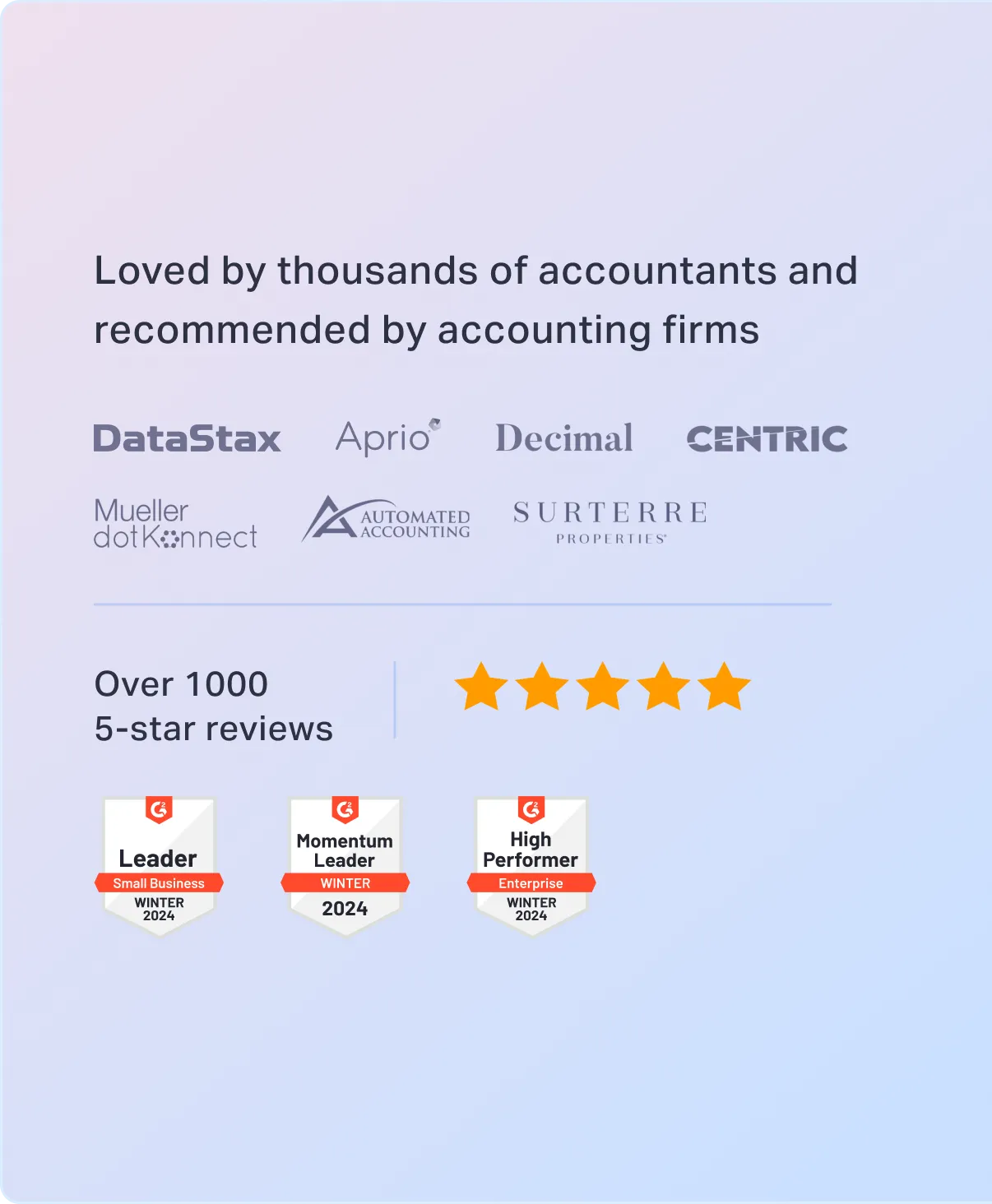How to apply for a business credit card?
Now that you know about the top business credit cards in 2023, it's time to apply for the best card that suits your business needs. Follow these four simple steps to get the best business credit cards for your organization:
1. Note your credit scores
Your business and personal credit score indicate your risk as a borrower. These scores determine the types of cards you qualify for, credit limits, and interest rates.
There are four credit scores that business owners can improve to get access to better cards and benefits:
- Personal credit score
- FICO small business score
- Experian Intelliscore
- D&B Paydex
There's no reason to worry if you have poor credit scores! You can improve them by resolving any negative entries on your credit reports and making on-time payments regularly.
2. Understand the benefits of credit cards for your business
SMB owners use credit cards with various agendas in mind. What's yours?
Understanding your business's lifestyle and general needs to shortlist cards will help satisfy your business use case.
Here are some questions to ask while evaluating credit card options:
- Do they have a 0% intro APR?
- Is there a fee on international transactions?
- What are the travel points, perks, cashback, and miles on this card?
- Do they offer welcome bonuses?
- Can they issue multiple cards or accounts?
- What credit bureaus do they report to?
With these questions deeply thought of and answered, you can move on to the next step of getting a business credit card for your SMB.
3. Identify your top expense categories
Itemize all your business purchases over the previous quarter to understand which expense categories your organization utilizes the most. This will help you know how much your total spend will be and which rewards program offers the best bang for your buck.
Common categories business credit card providers offer rewards on:
- Travel & hotels
- Fuel
- Food & restaurants
- Office supplies
Predict usage based on the previous quarter's spend analysis to make the best pick for your business!
Say, for instance, you plan to use credit cards exclusively for employee business travel. In this case, sharing a corporate credit card is not recommended. Instead, you may want to consider a card provider that can issue multiple cards and offer good rewards for travel spending.
4. Pay close attention to the annual fees
No annual fee is a popular feature many card providers offer. However, cards with annual fees usually come with better reward programs that might save you more money than the annual fee you paid.
Compare rewards, perks, and savings with different card programs to understand which offers the most value for your intended use.






